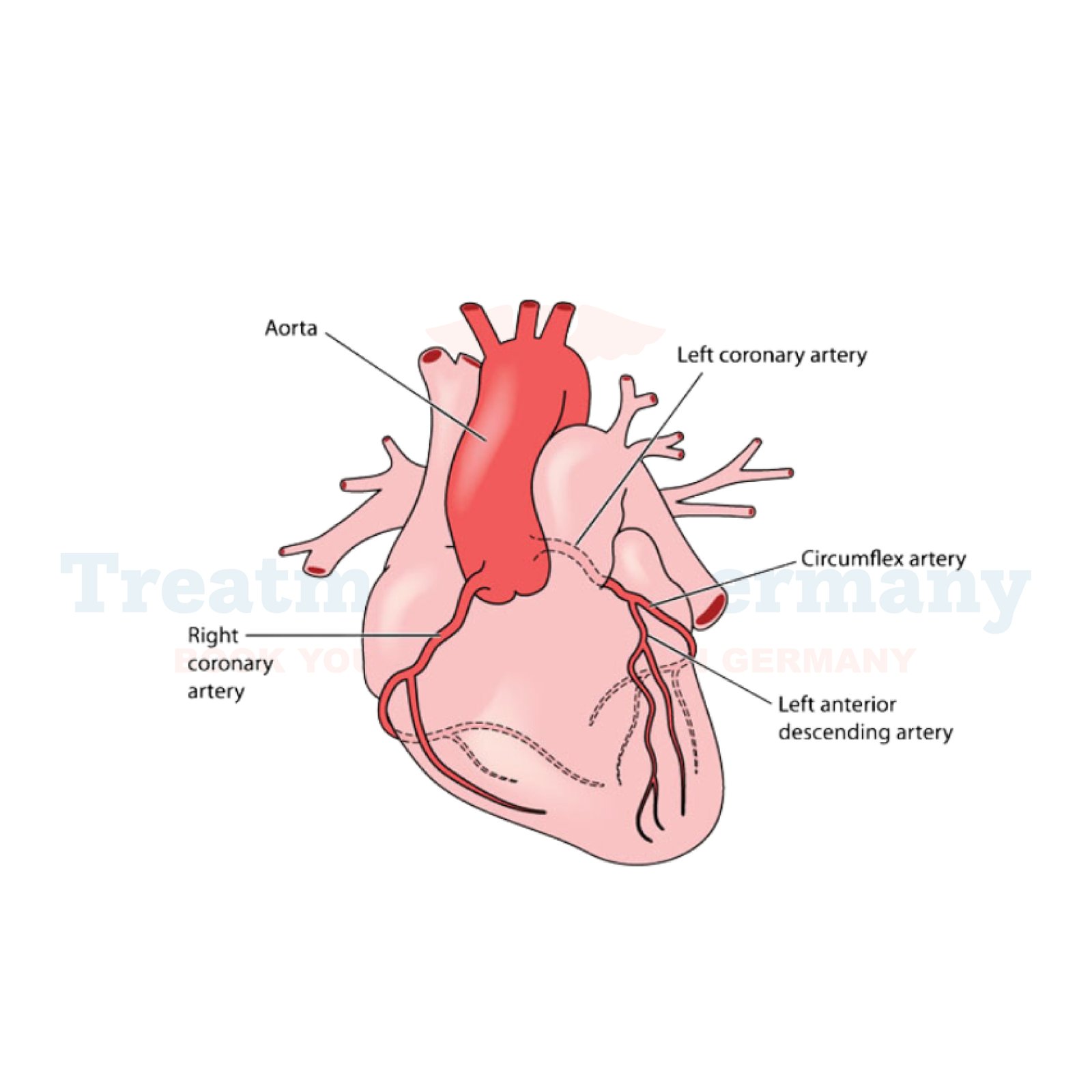What is Kawasaki Disease?
Kawasaki Disease is a rare but serious illness that primarily affects children under the age of 5. It involves inflammation of the blood vessels (vasculitis) throughout the body, including the coronary arteries, which supply blood to the heart muscle.
Side Effects of Kawasaki Disease
The disease can lead to various side effects if left untreated or if treatment is delayed. These can include:
How is Kawasaki Disease Diagnosed?
Diagnosis of Kawasaki Disease typically involves a combination of clinical symptoms and laboratory tests. Key features that doctors look for include:
Potential Treatment of Kawasaki Disease
Early treatment is crucial to reduce the risk of complications. Treatment typically involves:
👉 Contact us for further information and receive a complimentary consultation.


.webp)
 (1).webp)

.webp)
 (1).webp)


.webp)
 (1).webp)

.webp)
 (1).webp)
